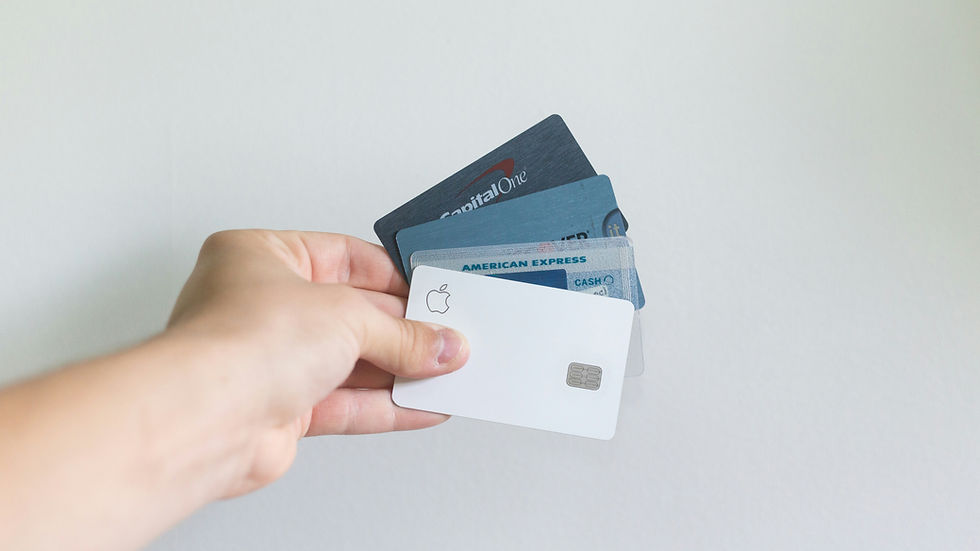Buying a Flat? Here’s What Leasehold Reform Means for You
- Lucy Baldwin

- May 1, 2025
- 3 min read
If you’re thinking of buying a flat in England or Wales, there’s one phrase you’ve probably heard a lot: leasehold. But big changes are on the horizon—and they could reshape how flats are bought, sold, and owned in the UK.
What Is Leasehold?
When you buy a leasehold property, you're essentially buying the right to live in it for a set number of years, but you don’t own the building itself. That remains in the hands of the freeholder, who’s responsible for the structure and common areas of the building. As a leaseholder, you’ll typically pay service charges, ground rent, and management fees, and you may need permission for certain renovations.
Leasehold has long been criticised for being complex, expensive, and outdated, especially when buyers face unexpected charges or struggle to extend short leases.
What’s Changing?
The UK Government has announced plans to phase out leasehold for new flats in England and Wales. Under the proposed reforms, all new-build flats would be sold as "commonhold" properties instead—a major shift from the traditional leasehold system.
The change could come into force as early as 2025, with the government aiming to make commonhold the default model by 2029.
What Is Commonhold?
Commonhold allows you to own your flat outright—forever. There's no lease to expire, no ground rent, and no need to pay to extend your ownership in the future.
Instead of having a freeholder, flat owners collectively manage the building through a commonhold association. That means decisions about maintenance, service charges, and repairs are made jointly, with every owner having a say.
Key Benefits of Commonhold:
Outright ownership
No lease extensions or ground rent
Shared responsibility for maintenance
Greater transparency in costs
What Does This Mean for Buyers Now?
If you’re buying a new flat in the next year or two, you may still be buying under a leasehold agreement—until commonhold becomes the standard. Here’s what to consider:
Check the lease length – Anything under 85 years can affect your ability to remortgage or sell in the future.
Ask for a breakdown of charges – Understand what you’re paying annually and whether charges are fixed or variable.
Get advice on lease extensions – If the lease is short, it might be worth negotiating an extension with the seller.
Watch the reform timeline – If the law passes soon, it could increase the value of new commonhold flats or create pressure for better leasehold terms.
What About Existing Leaseholders?
At this stage, the proposed changes won’t automatically apply to existing leaseholders—but reform of the current system is being considered, including:
Making it easier and cheaper to extend leases
Simplifying the process of buying the freehold collectively
Setting fairer rules for service charges and dispute resolution
This could provide more control for the estimated 5 million leaseholders currently navigating the system.
Leasehold reform marks a major turning point in how flats are bought and owned in the UK. For new buyers, it promises more freedom, fewer fees, and fairer control over your property. But until those laws come into effect, it’s vital to understand exactly what you're signing up for when buying a leasehold flat—and to seek professional guidance if you're unsure.
If you're considering a flat purchase and want help navigating leasehold terms, mortgages, or future reform implications, feel free to get in touch—we're here to help.https://www.major-financial.co.uk/contact




Comments